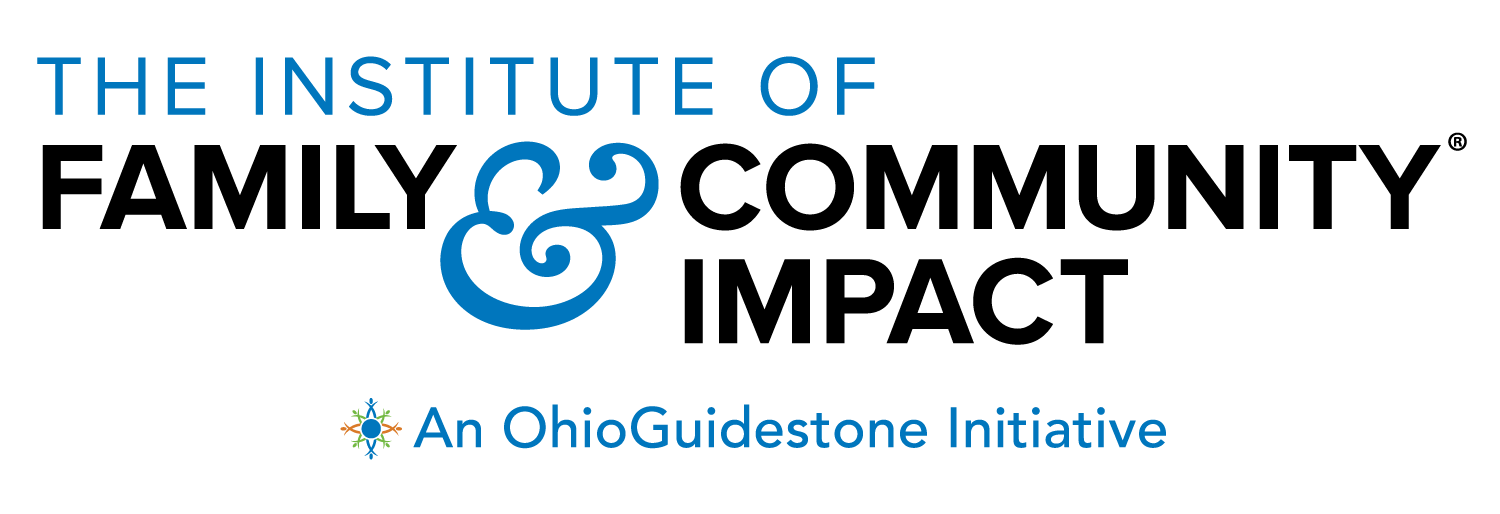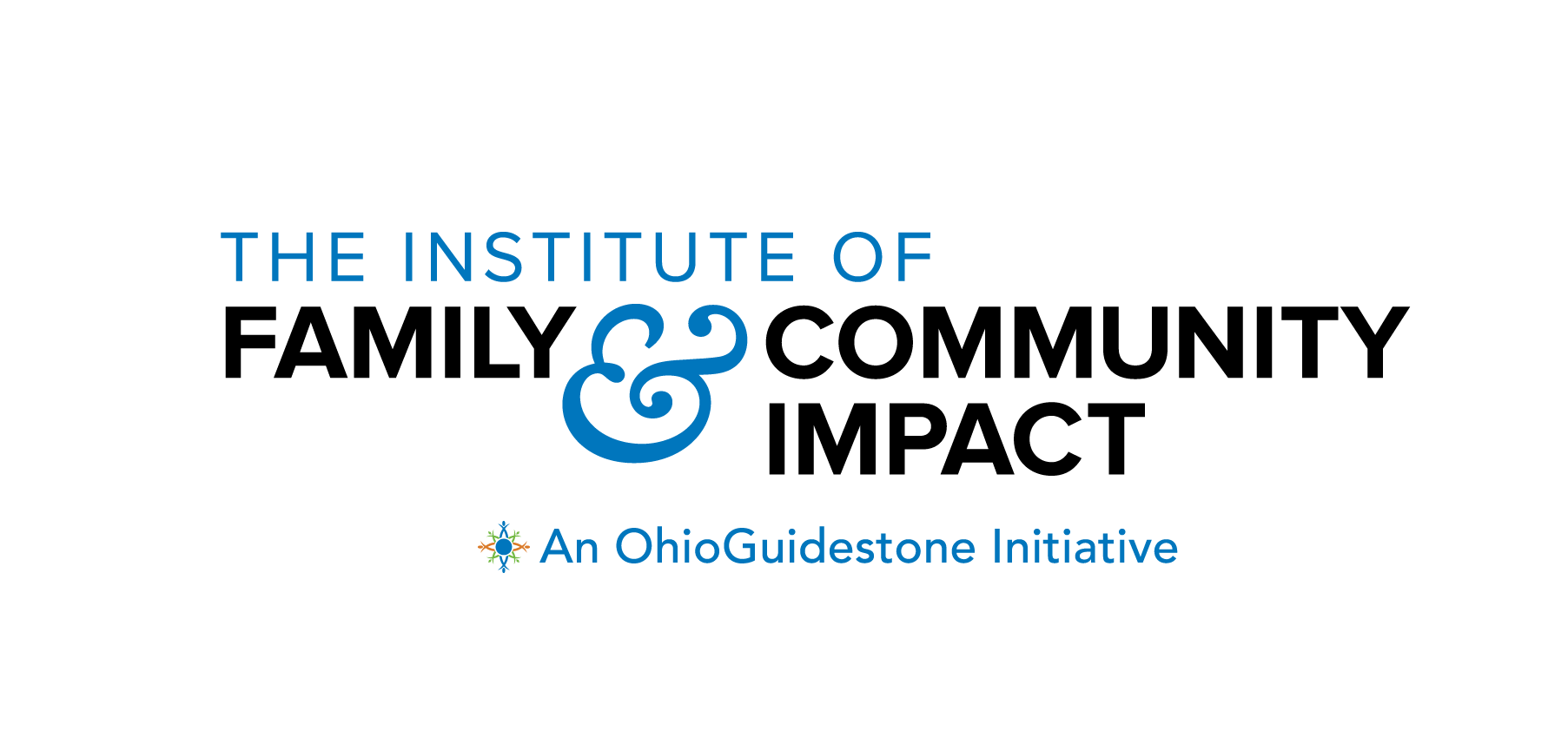
Paid Paternal Leave: An Investment in Whole-Family Health & 4 Sources to Explore
Table of Contents
Paid Paternal Leave & Family Health
Could paid paternal leave for new fathers enhance whole family health and vitality?

Last week in the New York Times, family researchers Dr. Darby Saxbe and Dr. Sofia Cardenas argued just that. The pair pointed to a recent study of theirs that supported this claim with evidence-based research. In particular, Cardenas, Saxbe, and their colleagues found significant connections to improved parental mental health in families who had paid paternal leave. The study revealed that both mothers and fathers experienced reduced stress, fatigue, and symptoms of depression when fathers opted for paid paternal leave instead of unpaid leave or no leave at all.
Historically, patriarchal societies such as ours in the United States have expected mothers to raise the children in a heteronormative family and manage the majority of household responsibilities. Consequently, numerous women have and continue to face significant stress due to social pressures and expectations, alongside the physical and emotional weight of caregiving duties and domestic labor. To enhance maternal wellbeing, mothers and family advocates continue to challenge these norms. These efforts have led to gradual progress in national family leave and childcare policies.
Saxbe and Cardenas highlight that the solution extends beyond improving treatment towards women. In order for communities to thrive, men and individuals of nonbinary genders should have the opportunity to enjoy (and face the challenges of) caring for their young children.
Extensive research over the years has shown that families thrive when fathers are actively involved. At the Institute, we know that for dads to be involved, they need paternal-centered support and resources. Both the child and the dad experience improved long-term wellbeing when the father-child relationship is positively invested in.
Men’s Health Must Address Paternal Mental Health
At the Institute of Family & Community Impact our research team for the Father’s Feelings Project is continuing to focus on supporting fathers during the perinatal period, which spans from before the baby is born until they reach about one year old. We know dads need father-specific resources and acknowledgement during this period as paternal depression is a genuine concern, and the pressures of parenthood and life can intensify rapidly at any given moment. Men’s health must address paternal mental health and paid paternal leave is just one example of father-specific support that positively impacts the whole family!
Interestingly, one of the strongest predictors that we know of for paternal depression is maternal depression co-occurring in the father’s childbearing partner. Likewise, we know that parents who suffer from depression and similar mental health issues need extra support for their families. The saying and our Impact Corner article “It takes a village to raise a child” emphasizes the importance of supporting each other and each other’s children within our communities even extending outside of our close social ties.
If policies like paid paternal leave can assist new fathers in improving their overall wellbeing, these benefits will allow the whole family an opportunity to flourish and thrive.
Paid Paternal Leave: Helps Dads Stay Healthy & Involved

It makes sense that allowing fathers more time to care for their children would benefit everyone in the child’s life, especially during the crucial perinatal period when child brain development is so important. The more time dads can dedicate to their babies, the more beneficial it is.
Why do involved fathers matter so much in heteronormative relationships? The role of “father” embodies a caregiver’s identity, and children of course need care from their caregivers. It is essential to allow fathers the flexibility to nurture their children, infants, and households.
By extension, paid paternal leave can enhance family wellbeing. Engaged fathers experience improved long-term health outcomes, mentally, physically, emotionally and socially- as do their children. When dads have the opportunity to dedicate more time and energy to caregiving, they and their children thrive. Additionally, in heteronormative contexts, this eases the load on mothers, contributing to lower stress levels for them.
So what are we saying needs to happen?
Make Paid Paternal Leave Happen
As a society, we are the primary obstacle standing in the way of enhanced family health and relationships. By demanding accountability and policy change from our legislators and policymakers, as proposed by Dr. Cardenas and Saxbe, we can bring about transformation and change. Studies like theirs offer scientific evidence to help guide our progress. Understanding the positive impact of paid paternal leave on whole-family health and vitality is crucial.
It is essential to have research and scientific support for our policies, especially those that impact our families and communities.
Although, if you were to ask parents and families, they likely would’ve expressed support for paid paternal leave long before we discussed the importance within this piece.
4 Sources to Explore
- Saxbe, D., & Cardenas, S. (2021, November 8). What paternity leave does for a father’s brain. The New York Times. https://www.nytimes.com/2021/11/08/opinion/paid-family-leave-fathers.html
- Cardenas, S. I., Corbisiero, M. F., Morris, A. R., & Saxbe, D. E. (2021). Associations between paid paternity leave and parental mental health across the transition to parenthood: Evidence from a repeated-measure study of first-time parents in California. Jounral of Child and Family Studies. https://doi.org/article/10.1007/s10826-021-02139-3
- Goodman, J. H. (2004). Paternal postpartum depression, its relationship to maternal postpartum depression, and implications for family health. Journal of Advanced Nursing, 45(1), 26-35. https://doi.org/10.1046/j.1365-2648.2003.02857.x
- Institute for Research on Poverty. (2020). Involved fathers play an important role in children’s lives [Research brief]. Institute for Research on Poverty, University of Wisconsin-Madison. https://www.irp.wisc.edu/resource/involved-fathers-play-an-important-role-in-childrens-lives


